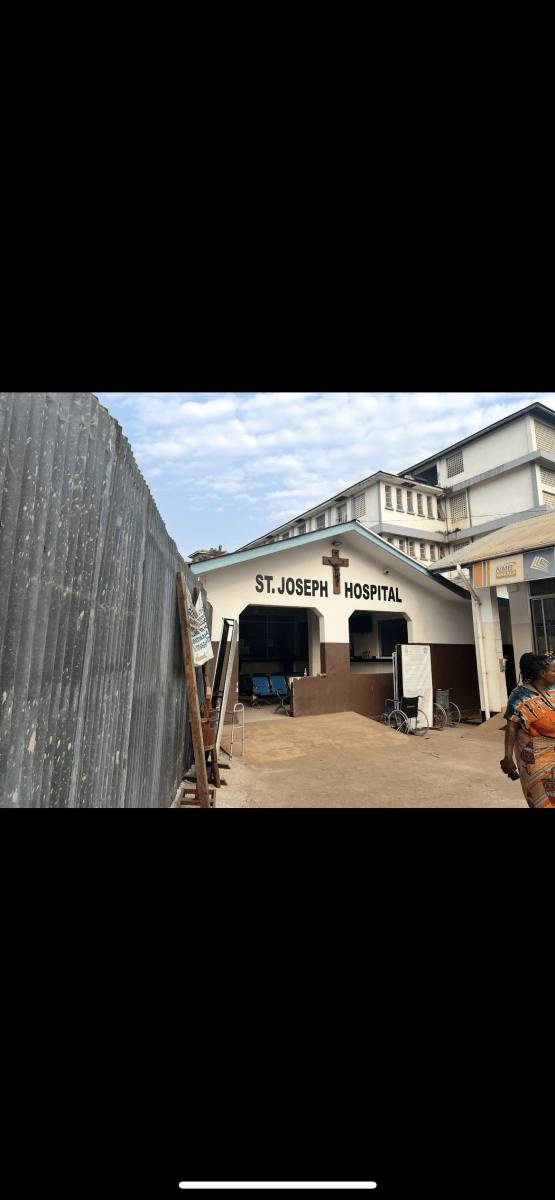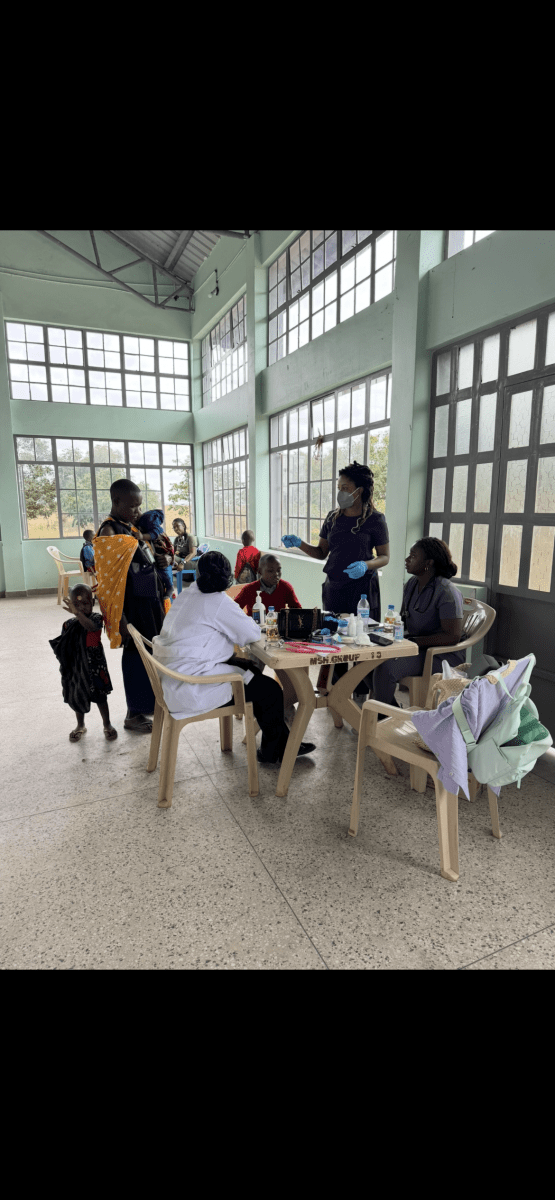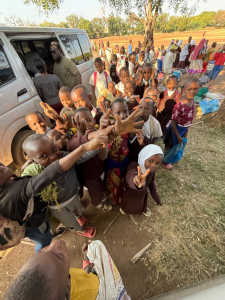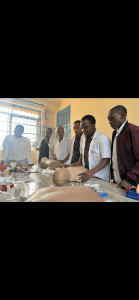I am honored to participate in a transformative medical mission to the Kilimanjaro Region of Tanzania—an experience that blends service, learning, and cultural exchange. This initiative is designed to address significant healthcare disparities in rural communities by providing essential medical services and fostering sustainable partnerships with local health institutions.
As part of a diverse, multidisciplinary team of physicians, nurses, medical students, and volunteers from around the world, I will help deliver high-impact care in both primary healthcare clinics and community outreach settings. Our services will include pediatric and adult medical care, maternal health support, and health education programs focused on prevention and community empowerment.
This project will serve underserved and remote communities in Tanzania, where access to quality healthcare remains a critical challenge. In many rural areas, residents face significant barriers, including limited healthcare infrastructure, a shortage of trained medical professionals, and insufficient access to essential medicines and services. These disparities contribute to preventable illness and poor health outcomes. By bringing care directly to these communities, this mission supports the broader goal of advancing global health equity and ensuring that no population is left behind.
This trip is expected to have both an immediate and a lasting impact. In the short term, I aim to help deliver critical healthcare, reaching underserved and remote communities that otherwise have limited access to care. Long-term impact will be supported through close collaboration with Tanzanian healthcare professionals, with a focus on sustainable capacity-building, education, and training. Working alongside local providers, I will strive to ensure that our efforts are culturally respectful and rooted in the priorities of the communities we serve. Beyond clinical work, this mission presents a unique opportunity to deepen cross-cultural understanding and engage meaningfully with local leaders, gaining insight into the challenges and innovations that shape healthcare delivery in rural Tanzania.
As a pediatric emergency medicine fellow, I see this trip as an invaluable part of my medical training. I hope to develop critical skills—such as adaptability in resource-limited settings, culturally responsive care, and community-centered problem-solving—that I can integrate into my practice back home, especially when caring for underserved populations. I also plan to share these experiences with colleagues and trainees, encouraging broader participation in global health initiatives.
Having grown up in Africa, I understand firsthand the importance of trips like this. They are not only life-saving for the communities served but also deeply transformative for those who participate. I am committed to continuing this work beyond this trip and finding meaningful ways to give back. I also look forward to immersing myself in Tanzania’s rich cultural heritage and natural beauty—an experience I believe will further shape my perspective as both a physician and a global citizen.












Our team had the privilege of spending a week in Moshi, Tanzania, nestled in the breathtaking Kilimanjaro region. The experience was both humbling and deeply rewarding.
During the first few days, we visited three local villages alongside the dedicated physicians from St. Joseph’s Hospital in Moshi. Together, we conducted medical checkups and provided essential care to more than 600 patients. It was inspiring to witness the resilience and warmth of the local communities, many of whom face significant challenges in accessing consistent medical services.
Midway through the trip, we dedicated an entire day to training the hospital’s interns. We covered modified Pediatric Advanced Life Support (PALS) techniques, advanced airway management skills, effective team communication strategies, and EKG interpretation. This collaborative exchange was a highlight of our journey, as it allowed us to share knowledge that will empower the next generation of healthcare providers in the region.
On our final day, we visited a local orphanage to deliver donations and spend quality time with the children. We shared stories, laughter, and play, leaving with full hearts and lasting memories.
This mission was more than just a trip—it was a reminder of the universal language of compassion and the impact that collective efforts can have in improving health and hope for communities in need.